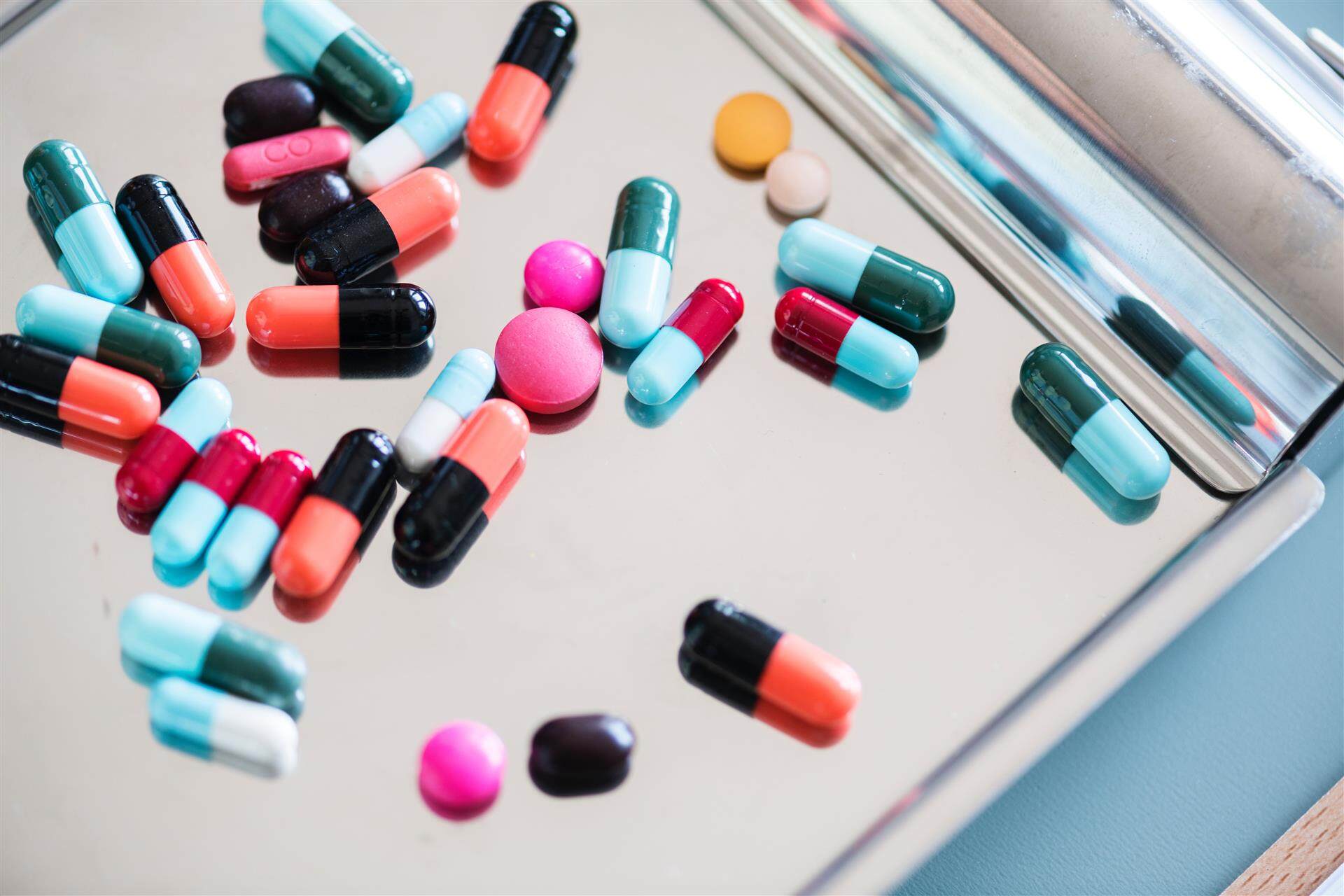Vegetarian capsules are empty capsules made from plant cellulose or water-soluble polysaccharides. These capsules are rich in raw materials, such as carrageenan starch, malt extract, various celluloses, alginates, beeswax, etc., as well as some plasticizers such as glycerin, sorbitol, maltitol, propylene glycol, polyethylene, alcohol and water.
With the successive outbreaks of zoonotic infectious diseases worldwide, the international community is increasingly concerned about the safety of animal products. Plant capsules have outstanding advantages over animal gelatin capsules in terms of applicability, safety, stability and environmental protection.

Safety:
HPMC capsule is derived from non-transgenic plants and does not contain proteins and amino acids by itself, so its residual harmful substances are much lower than animal gelatin capsules. The special production process makes the chloroethanol hardly remain in the capsule and is therefore safer. In addition, it can also avoid cross-contagion of some pathogens, such as the spread of mad cow disease.
Stability:
HPMC capsules have a water content of between 5% and 7% and are suitable for filling various types of contents. The cellulose capsule has a stable molecular structure, which is highly inert, and is not easily crosslinked with an aldehyde-containing drug.
Applicability:
Due to the stable molecular structure of the plant empty capsule, the requirements for transportation, storage, environment, etc. are lower than those of gelatin capsules. And it is from plant, which not only has no side effects on the human body, but also provides new choices for vegetarians and different religious believers, expanding the application of capsules.


